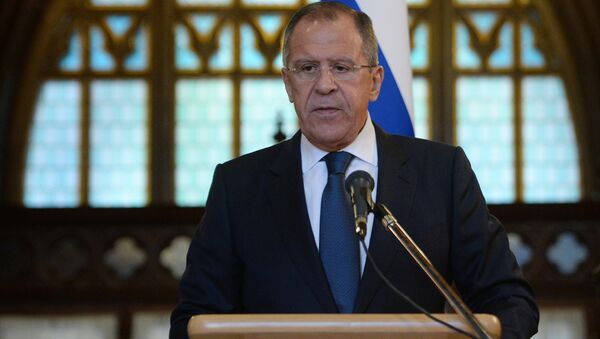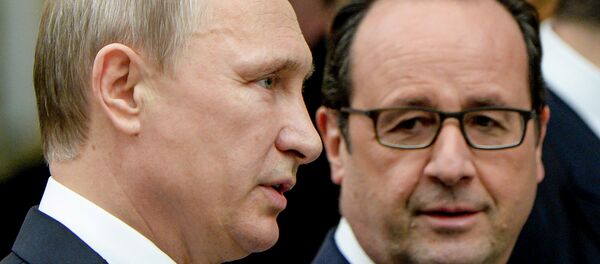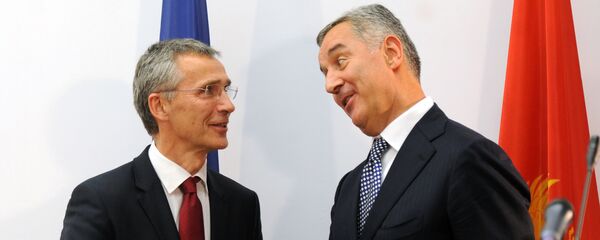"I have mentioned 1954, when a pan-European treaty on collective security was proposed, and in 2008, I believe, we renewed our initiative, updating it to reflect present-day realities, and suggested a treaty on Euro-Atlantic security that would include not only the European continent, but North America as well," Lavrov told Radio Rossii.
"The principles it is based on, the principles of ensuring equal, indivisible security, when no state would ensure its security at the expense of others, are highly relevant. Moreover, they are outlined in the OSCE's and Russia-NATO council's political declarations," the minister said.
Lavrov echoed the assessment, saying Moscow has offered the mutual security principle to be put into legally binding language.
"Our Western partners essentially began to withdraw from their commitments made on a high-level political scale," the diplomat asserted.
The fallout between NATO and Russia was triggered by the conflict between Ukrainian government forces and east Ukrainian independence supporters in April 2014. The Western military alliance limited contacts with Moscow to ambassadorial and higher levels.
Moscow has repeatedly expressed concern over NATO’s eastward expansion as a threat to national security and regional stability.





